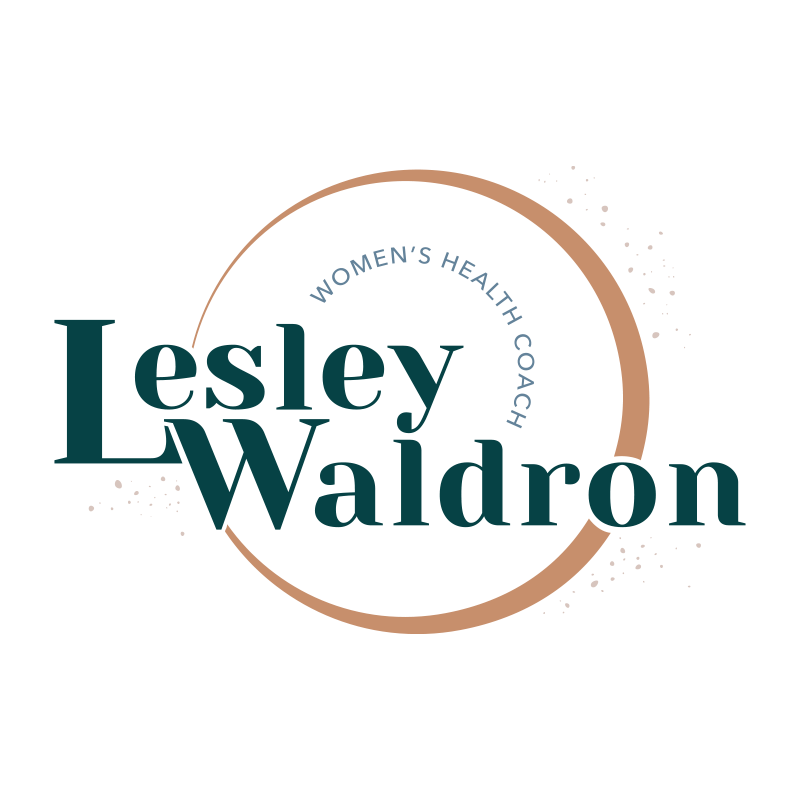Self care isn't selfish, and it's not easy.
Self-care isn’t selfish, but it’s also not easy or fluffy all the time.
We can’t self care our way out of crisis, burnout, or exhaustion without making radical change.
Sometimes self-care is giving ourselves the support structure to navigate crisis and difficult things.
I think about this a lot in relation to my support for my mother who has dementia. It is a hard journey to be a part of. I feel fortunate that I’m pretty good at prioritising self-care and finding solutions. I exercise, eat well, sleep well, meditate, journal, connect with friends, see a therapist to help with emotional processing. But I don’t find it easy. And it doesn’t take away the burden of thinking about that particular problem all of the time because it’s a problem that is there something that my brain would like to solve, but there isn’t really a solution.
There’s just firefighting and research.
We can’t self care our way out of difficult family situations, but we can create boundaries around our time. Around what we will or won’t do for those that needs us, and for ourselves.
I can’t just give up because then Mum is at risk.
I bet some of you reading this will be in a similar situation. Multiple responsibilities. Unsolvable problems you just have to go through, not around.
Self-care becomes about keeping our nervous system well regulated.
This helps me ensure that I sleep better, if I sleep better I eat better, if I eat better my blood sugar is more balanced and I feel better and less foggy and find it easier to cope. Movement helps regulate my stress levels and delivers feel good hormones that I can’t necessarily get from taking things off the list. Because the list is never ever done.
Many women in midlife might not have the caring responsibility for an elderly parents, but might have challenges with kids’ health or additional needs, or with work colleagues and partners, or work in situations which are by their nature stressful and relentless. Not problems that can be solved with the bubble bath and an early night.
Self-care isn’t selfish and it’s not also not the whole solution to midlife overwhelm and long term health.
It’s also finding and maintaining the boundaries that work. It’s maintaining perspective over the longer term to be clear with ourselves and others, knowing when we are struggling and needing extra support, extra time, extra rest to maintain our equilibrium.
It helps to understand what is going on with your hormones levels, your nervous system, your gut health, and your current life challenges.
Here’s a random example of how (relatively) small life challenges. can get in the way of self care
I had a client who had a piece of furniture in her downstairs bathroom as she been meaning to sell for ages and I was just at the back of her mind really bugging her all the time. She was so exhausted and overwhelmed she kept not getting round to it. Nobody could use the downstairs bathroom but no action was being taken…so it felt stuck.
One of her kids had health issues and she was struggling with her own hormonal ups and downs.
But because that piece of furniture was sitting there, she also felt like she couldn’t do the things she wanted to do for herself - her list was never done so she couldn’t switch off and go to sleep. .
So we created a super simple plan for that piece of furniture in her downstairs bathroom, split it into small tasks that weren’t all her responsbility.She created a suitable, non-stressful timeframes and a plan to celebrate when it was done. It was a capacity led approach and it took it off her mental to-do list. A small thing that had become a bit thing, but when it was resolved it gave her the headspace back to think about her own self care.
It helped her see the other big ‘to-do’ issues as thing that could be delegated, deferred or broken into smaller chunks. So she could allow herself to go to bed earlier, stop scrolling, and pick up her own self support.
Her perspective changed.
Self care doesn’t have to be about big actions it can be about small, simple strategies that support your wellbeing.
I’ve got a new FREE download to help you create your own perimenopause action plan. Download below!
